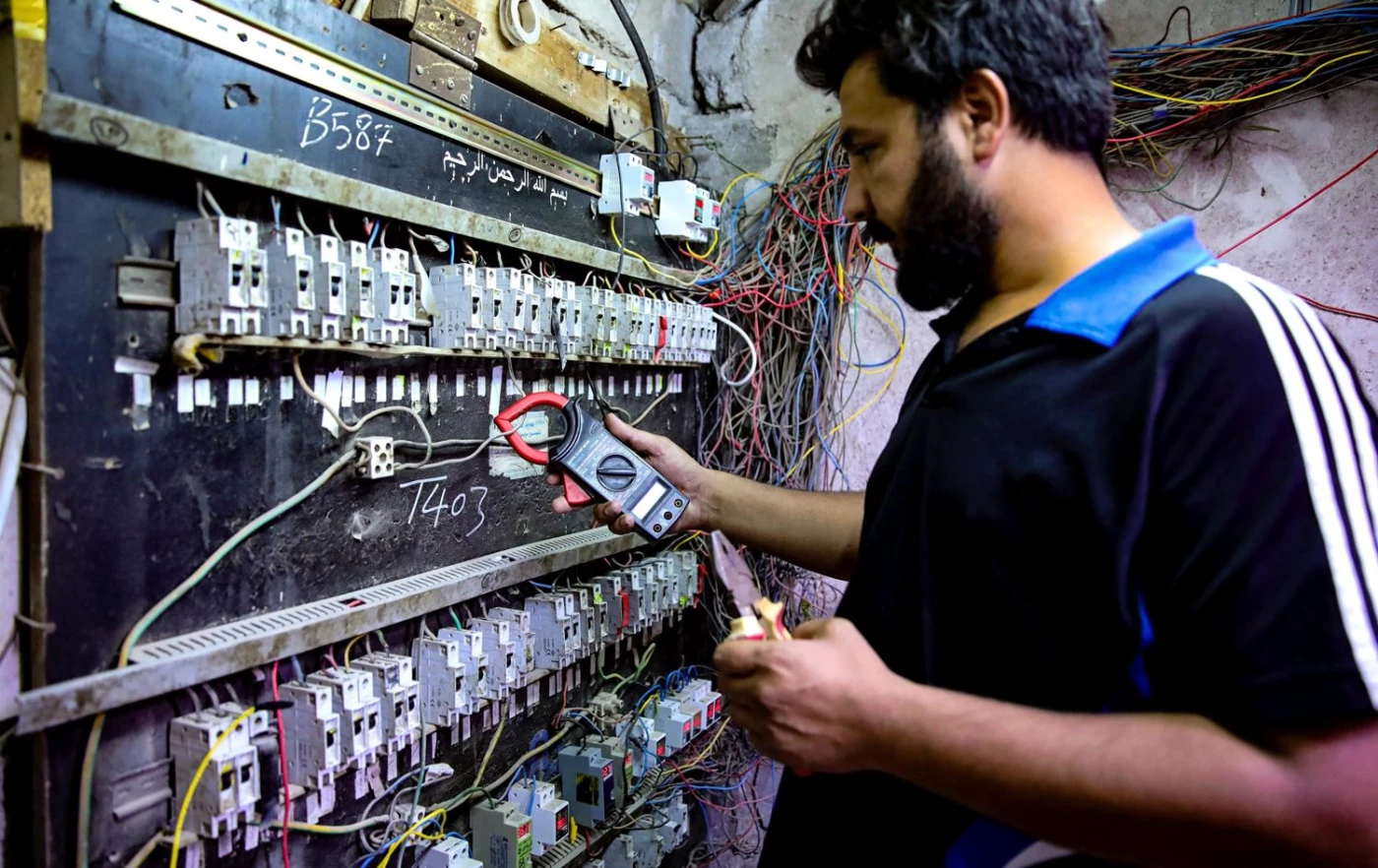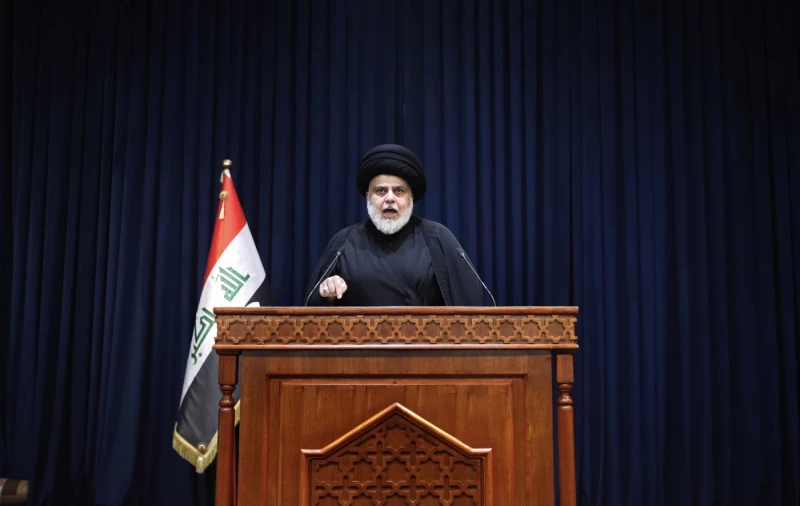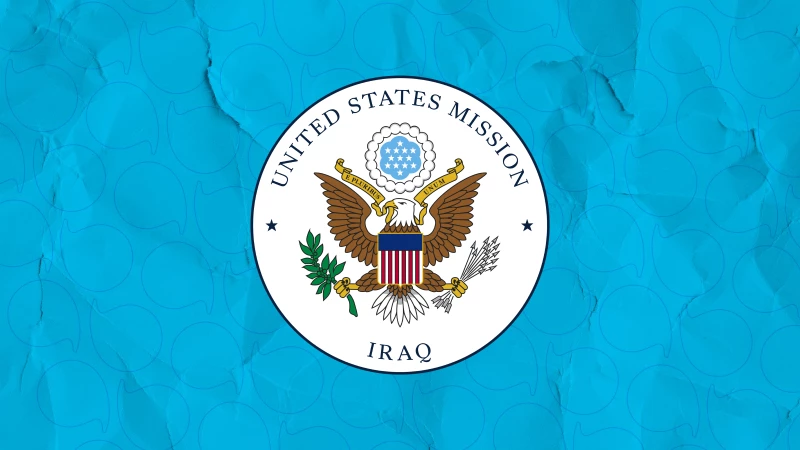BAGHDAD, Iraq - Residents in several parts of Baghdad say they have been threatened by electricity bill collectors who warned of lawsuits for “stealing public money” if they do not pay overdue bills. Legal experts say these threats are illegal and have no support in Iraqi law. Delaying payment is considered a civil matter, not a criminal one, and should be handled through proper legal steps.
Many citizens say they are already under pressure due to the poor economy. They believe some collectors are acting outside the law and violating basic rights. These actions have raised serious concerns about the behavior and oversight of private billing companies working under government contracts.
Baghdad residents express anger over explicit threats
Several residents told The New Region they were directly threatened by electricity bill collectors, who are hired to collect fees for the national power grid.
Ahmed Saleem, a shop owner from Amil district in west Baghdad, said a collector came to his store and accused him of stealing public money because he had not paid his bill yet.
“He threatened to sue me unless I paid right away,” Saleem said. “That is a serious accusation. We are just citizens facing hard times, and I have never tried to avoid paying.”
Saleem added that collectors warned all shopkeepers in the area that they would be taken to court within hours on charges of stealing state money.
In Bayaa area, resident Adnan Mohammed said the situation is scary. “They treat everyone like thieves,” he said. “The government must act now. These threats are turning civil issues into false criminal accusations.”
He added, “People are under stress. Just being late on a bill brings threats of jail. This is wrong. Authorities must stop this.”
Last year, the Ministry of Electricity said it launched a digital billing system, after some delay. The goal, officials said, was to make payments easier, improve revenues, and build public trust, though many collections are still done in person.
Ahmed Murtadha, head of the project’s oversight committee, said the new system would help citizens, cut down on paperwork, and fix old billing problems.
He also said there were no plans to raise electricity fees and that going digital would help the country move toward 24-h power supply.
Ministry distances Itself from alleged threats
The New Region tried to contact ministry spokesperson Ahmed Al-Abbadi for days, but got no response. However, a high-ranking source in the ministry, who asked not to be named, said top officials knew nothing about any threats from collectors.
The source said the ministry would investigate, and that any such actions, if proven true, do not reflect the ministry’s policies.
Meanwhile, Iraq has seen a drop in electricity supply in recent days, leading to longer blackouts in many provinces as temperatures rise with summer approaching.
Officials say the outages are due to several reasons: more demand because of heat, delays in fuel deliveries, technical problems in power plants, and reduced gas supply from Iran.
Despite repeated government promises, electricity shortages continue each summer. Many Iraqis say long-term solutions to meet the growing power demand are long overdue.
Parliamentary committee comments
The Iraqi parliament’s legal committee responded to complaints from citizens about threats from electricity bill collectors.
Committee member Murtadha al-Saadi told The New Region that bill collectors do have legal authority to collect fees.
However, he said it is unlikely they will actually take people to court. He believes the threats are being used to scare people into paying their bills.
He added that the proper legal action should be warning notices or cutting power in cases of nonpayment.
In recent months, the Ministry of Electricity signed contracts with private firms to support billing operations. These deals include keeping 80 percent of the ministry’s current employees on the job, paid from 12.9 percent of the revenue collected.
In a past statement, ministry spokesperson Ahmed Mousa said both the ministry and private companies have obligations under these contracts. He denied any job cuts and said the rest of the collected money goes back to the government.
Legal experts: No legal basis for the threats
Legal experts speaking to The New Region said that Iraqi law does not allow criminal charges like “stealing public money” against people who delay electricity payments. They said such cases should be treated as financial disputes handled in civil courts.
They called on the government to set clear rules for billing companies and penalized any worker who uses threats or breaks the law.
Legal expert Alaa Shoun said threatening citizens with theft charges over unpaid bills is illegal. “This could be considered extortion or intimidation and should be penalized,” he told The New Region.
He explained that a theft charge requires clear criminal evidence and usually applies to government workers or people responsible for handling public funds.
“Delaying a payment is not theft,” Shoun said. “It is a civil issue, not a criminal one.”
He said a company or government office has no right to make such threats. It can only send warnings and, if needed, take the case to civil court.
If the citizen still refuses to pay after a court ruling, the matter can go to an enforcement office, which can collect the money through legal steps like seizing assets or, in rare cases, using executive detention, but only through proper legal procedures, not threats.
Shoun added that the ministry also has the right to cut power for nonpayment, but only if it follows the law and ministry rules.
“Officials must treat citizens with respect and follow legal steps,” he said. “Using threats for something like late payments is a violation. Anyone who does that, whether a government employee or a private worker, should be held accountable.”
Additional reporting by Amr Al Housni


 Facebook
Facebook
 LinkedIn
LinkedIn
 Telegram
Telegram
 X
X



